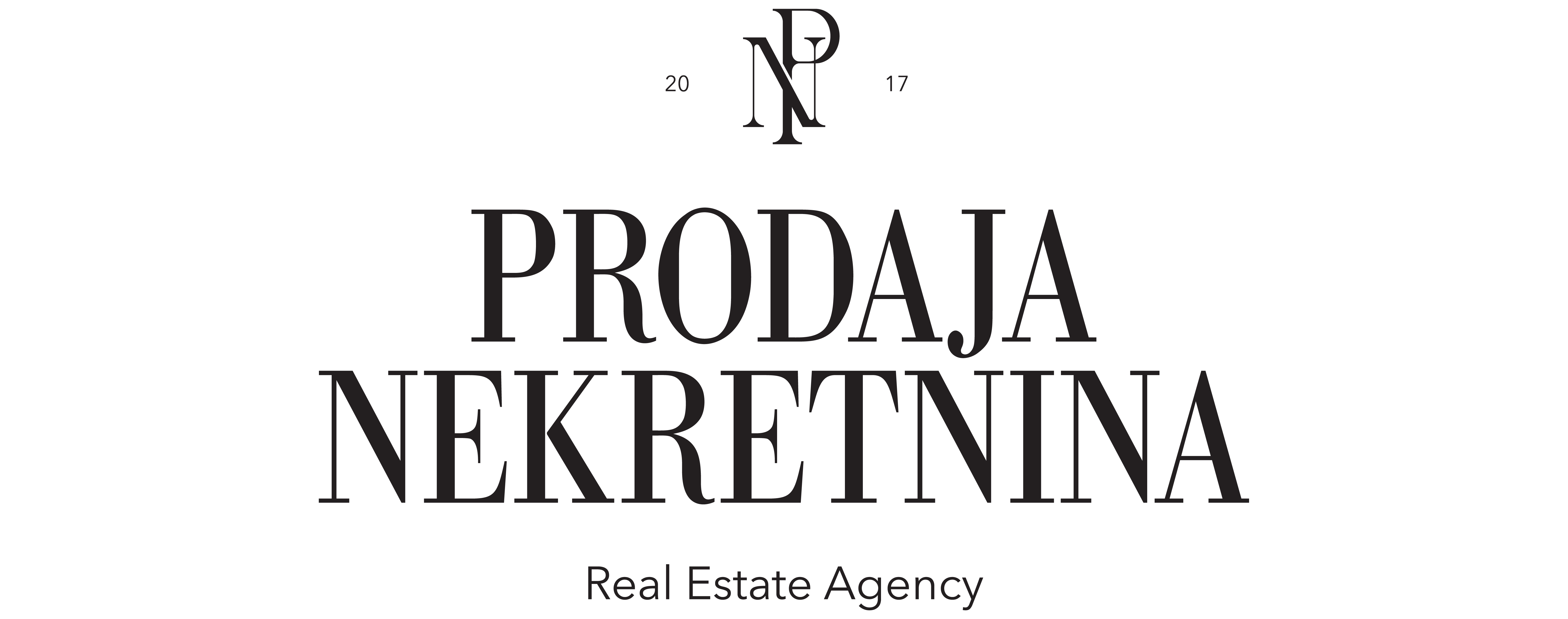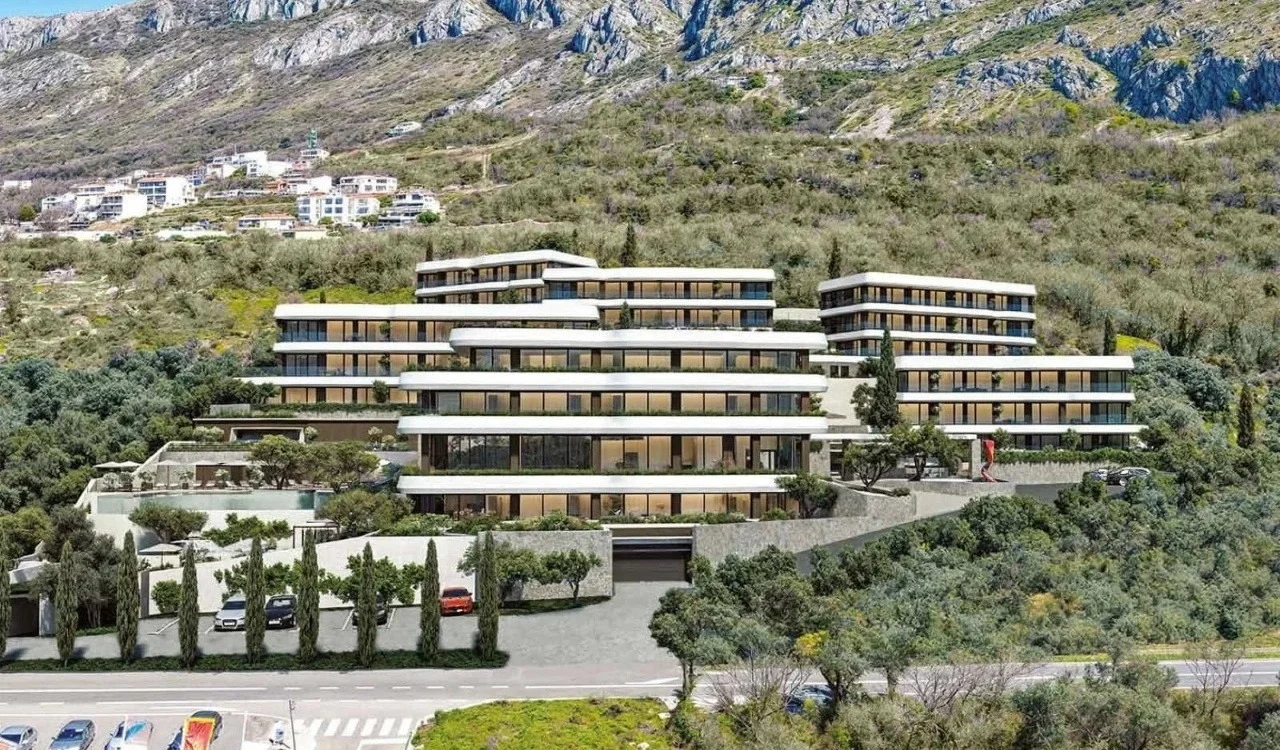Contents:
- Finding and Buying Land (Urban Zone)
- Urban-Technical Conditions (UTU)
- Design & Building Permit
- Construction Phase
- Technical Inspection & Registration
- Selling the Completed Property
- FAQ
- Checklist & timeline
1) Finding and Buying Land (Urban Zone)
Why it matters: Only buy urbanized construction land included in a valid spatial plan. Anything else can cause project delays or legal issues.
Before signing:
- Check zoning and parameters – allowed use (residential, tourist, commercial), max height, build index, green areas.
- Get an urban plan extract and land registry (title deed) – verify ownership and liens.
- Confirm that utilities, taxes, and municipal fees are paid.
- UTU with owner’s consent to confirm buildability.
Purchase & notary: Property transfers must be notarized. The notary submits the contract to the Land Registry for ownership change. If a party doesn’t speak the language, a certified translator must attend.
Taxes & costs:
- Real estate transfer tax (paid by buyer):
- up to 150.000 € → 3%
- 150.000–500.000 € → 4.500 € + 5% of the excess
- above 500.000 € → 22.000 € + 6% of the excess
- File to the Tax Authority within 15 days of signing.
Domestic vs foreign investors:
- Domestic entities have full rights.
- Foreigners can freely purchase apartments, houses, and land – except for agricultural land, plots near border crossings, and military zones.
- Tax treatment is identical for locals and foreigners.
Individuals vs companies: Similar process; companies must provide registration excerpts and record the property as an asset (may reclaim VAT on purchase).
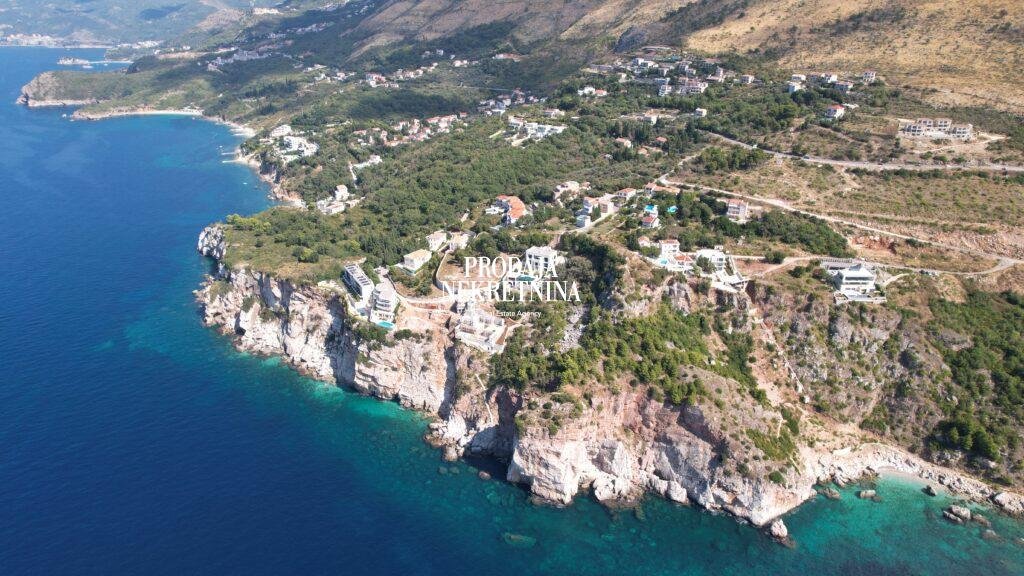
2) UTU
What UTU is: A mandatory planning document defining what and how you can build – including land use, GBA, height, setbacks, parking, greenery, infrastructure, and design rules.
Authority & timing:
- Issued by municipal urban planning office (for standard projects) or the Ministry (for large/state projects).
- Official deadline: 20 days, though in practice it may take up to 60.
Application:
- Submitted by the owner or authorized representative; requires land title and a small fee (~€50).
- Can be requested even before purchase, with owner consent.
Validity: Usually 1–2 years or until the plan changes — start project design immediately.
Equal rules for domestic and foreign, individual or corporate investors.
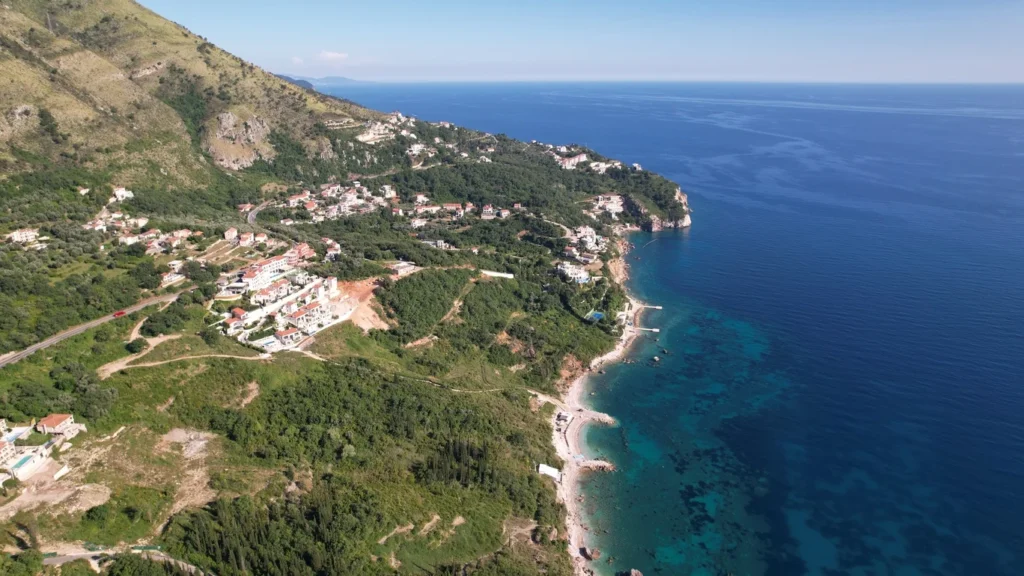
3) Design Documentation & Building Permit
Main steps:
- Concept design – prepared by a licensed architect in line with UTU. Often must be approved by the Chief City Architect (within 15–30 days).
- Main project – detailed architectural, structural, electrical, mechanical, and infrastructure plans + all utility approvals.
- Independent revision – mandatory review by a certified auditor before submission.
- Municipal infrastructure fee – calculated per GBA and paid or guaranteed before permit issuance.
- Building permit application – reintroduced as the main approval from 2025 onward.
Update 2025: The former “construction notification” system (2018–2023) has been replaced by a full permit procedure to improve oversight. Simplified routes are planned for small houses. EU engineers may now join projects through license recognition.
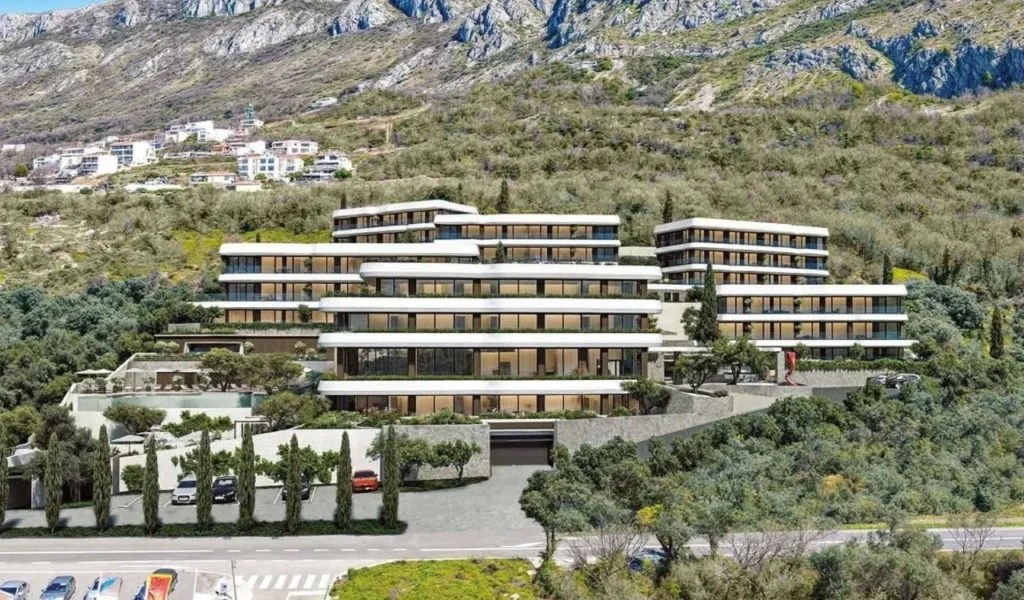
4) Construction process
Before breaking ground:
- Notify the construction inspectorate 8 days before starting.
- Sign contract with a licensed contractor and appoint a responsible site engineer.
- Engage an independent construction supervisor.
- Prepare a site safety plan and install the project board.
During works:
- Maintain a construction diary and workbook; supervisor signs off regularly.
- Any design change → file an amended permit request. Unauthorized changes risk denial of occupancy.
- Follow standards for fire safety, accessibility, environmental protection, and classification (for hotels, business buildings, etc.).
Deadlines: Permits include start/finish deadlines (extensions possible). Multi-phase projects must respect approved phasing.
Domestic vs foreign, individual vs company: Equal legal duties. Foreigners typically hire local licensed firms but may import materials/equipment that meet Montenegrin standards.
5) Technical Inspection, Occupancy & Registration
After construction:
- Apply for an occupancy permit to the same authority that issued the building permit.
- A commission (architect, civil, electrical, mechanical engineers, fire & utilities reps) inspects the site.
You’ll need:
- Main design + revision report (and any “as-built” updates).
- Building permit.
- Proof of land ownership
- Contractor’s, supervisor’s compliance statement.
- Chief designer’s compliance statements.
- Certificates for materials, fire systems, lifts, etc.
- Geodetic survey (as-built report)
- Proof of compliance with the special conditions from the permit; for phased construction – proof of a functional unit.
Occupancy permit: Usually issued within a few weeks (legal max ~7 days after positive report). Once issued, it’s published online.
Land registry entry:
- Submit occupancy permit, building permit, and as-built survey to the Real Estate Administration.
- For multi-unit buildings: prepare unit subdivision plan (condominium mapping) to register each apartment/space separately.
- Processing time: 15–30 days; fees ~€15 total.
6) Selling the Completed Property
Preparation: Obtain occupancy permit and register property (plus subdivision for multi-unit buildings).
Contracts:
- Each sale must be notarized; the notary files ownership change with the registry.
- For off-plan sales, use preliminary agreements or escrow-backed co-investment contracts — but selling completed, registered property is safest.
Taxes on sale:
- First sale of new property by VAT-registered developer: price includes 21% VAT – no transfer tax.
- Resales / private sellers: buyer pays 3–6% transfer tax.
- Corporate profit tax: progressive 9–15% – 9% up to €100k profit, 12% to €1.5M, 15% above; same for local and foreign companies.
Types of sales:
- Residential: provide warranties (2 years hidden defects, 10 years structure), deliver full documentation.
- Tourism: sell serviced apartments with rental programs or entire hotels to operators.
- Commercial: sell units or whole centers, often with existing lease contracts transferred.
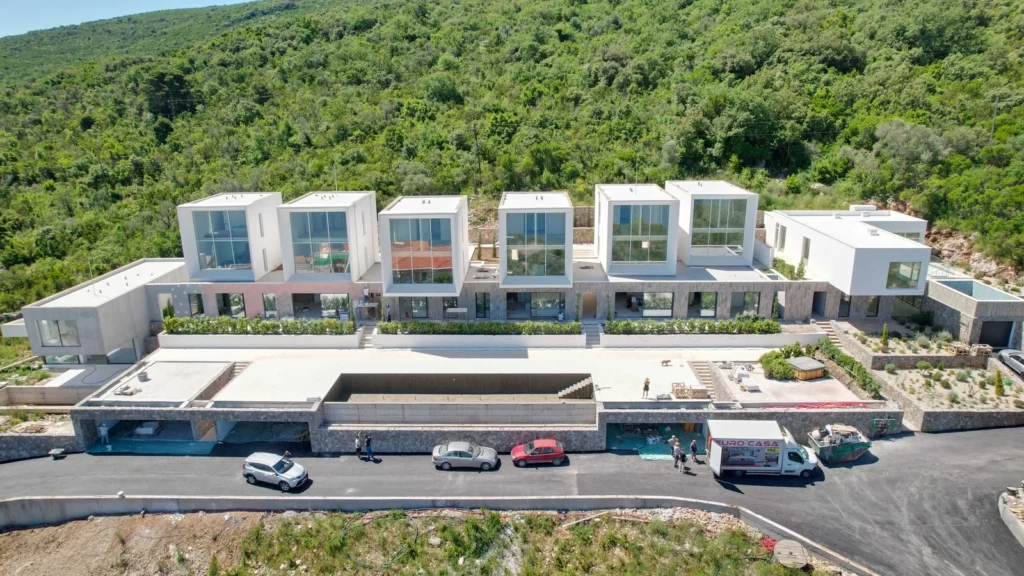
7) FAQ
Can a foreigner buy land in Montenegro? Yes, with the exception of agricultural land, land near border crossings, and land close to military facilities. In such cases, the solution is to purchase through a company registered in Montenegro (which can be 100% foreign-owned).
How long are UTUs valid?
Usually 1–2 years or until plan revision. Start project design immediately.
How long does it take to get a building permit?
About 30 days after a complete submission.
Is “construction notification” still enough?
No — since 2025, a formal building permit is mandatory.
Who pays tax on a new build purchase?
Developer charges 21% VAT; buyer pays no transfer tax.
Can I get UTU before buying?
Yes — with the owner’s consent.
8) Investor timeline
Pre-purchase: 2-6 weeks
UTU: 3-8 weeks
Project & permit: 2–6 months
Construction: 6–36 months
Completion: 3–8 weeks
